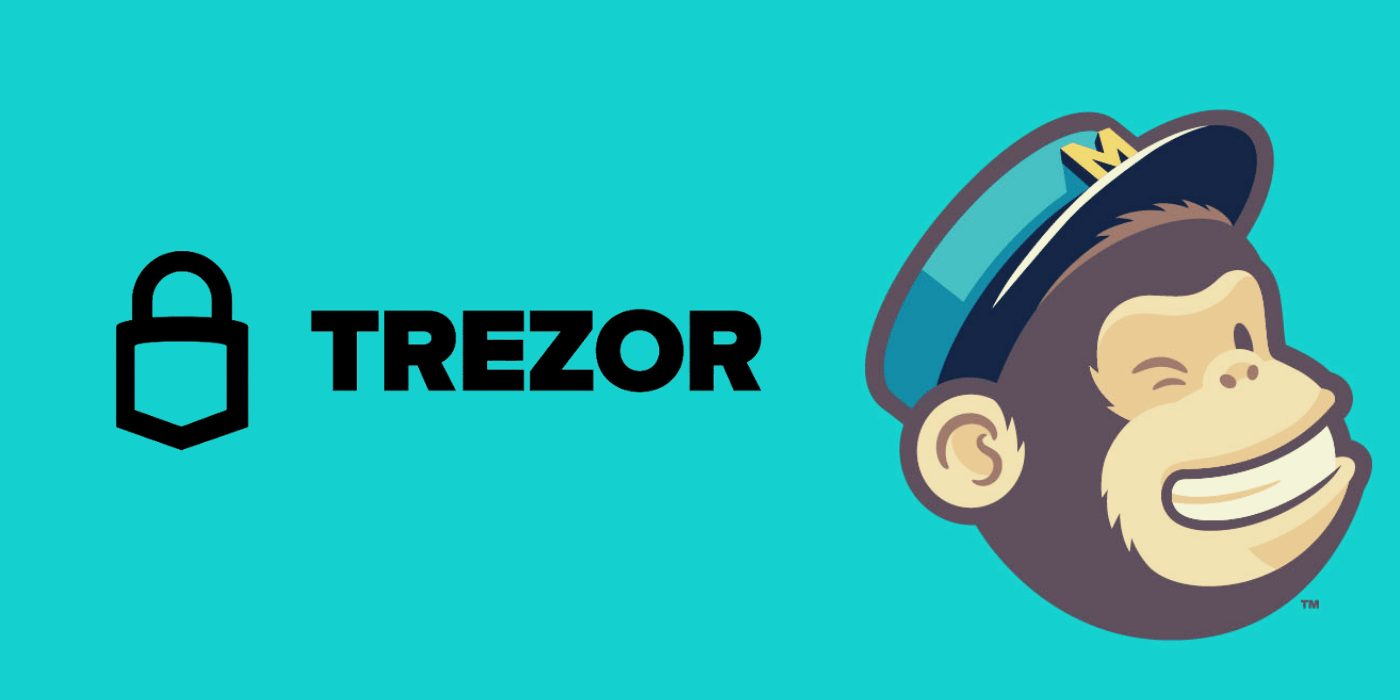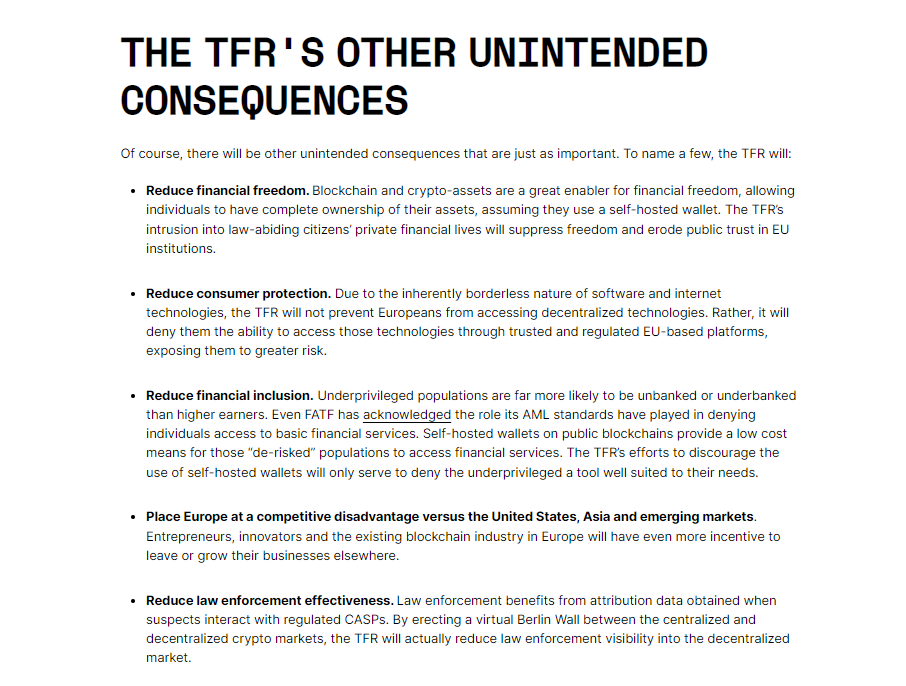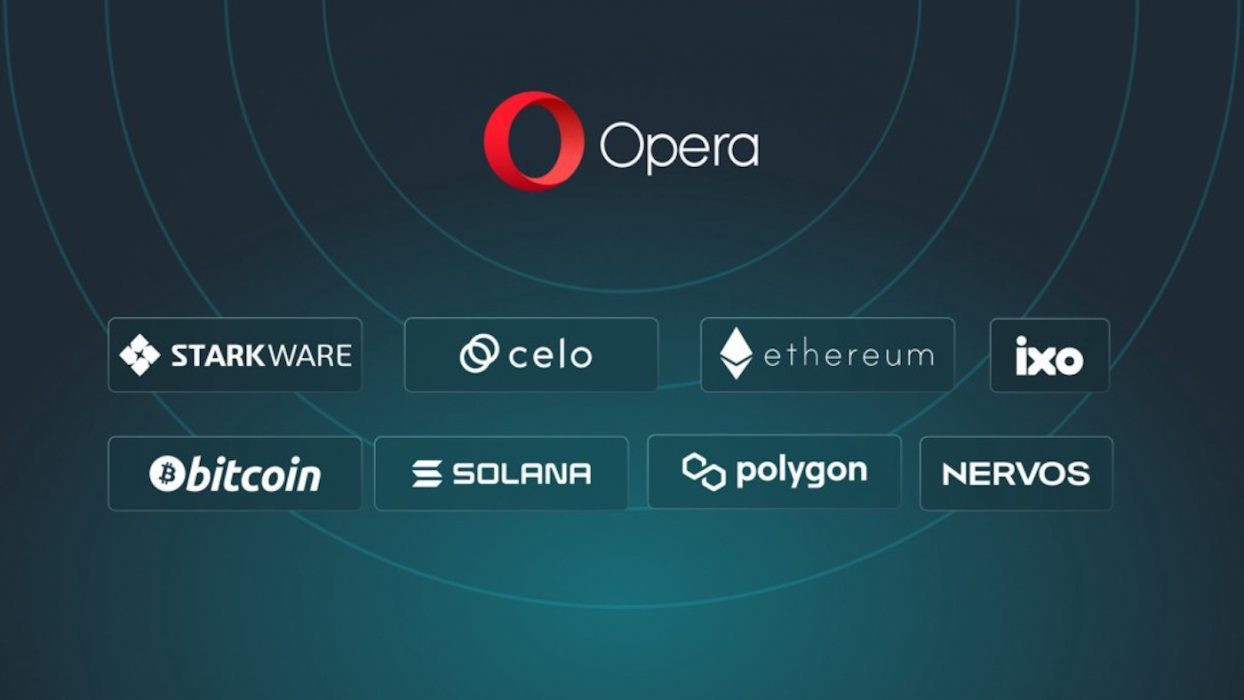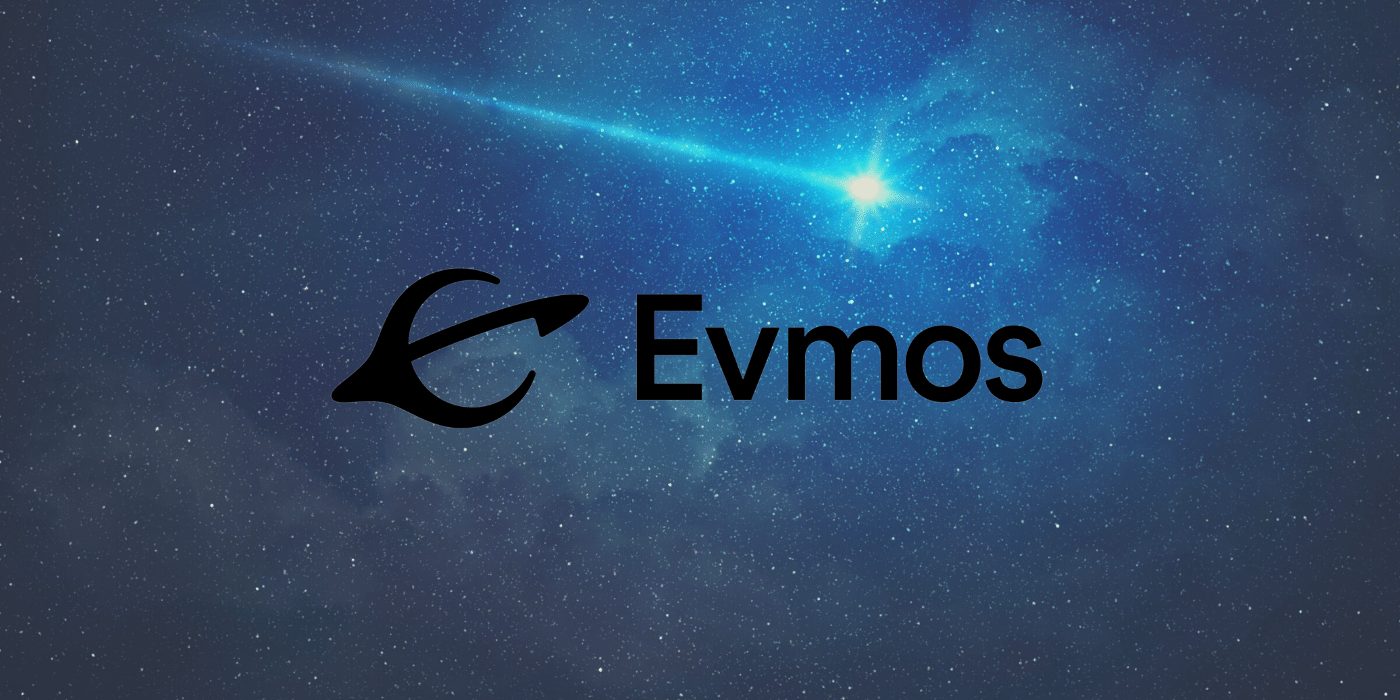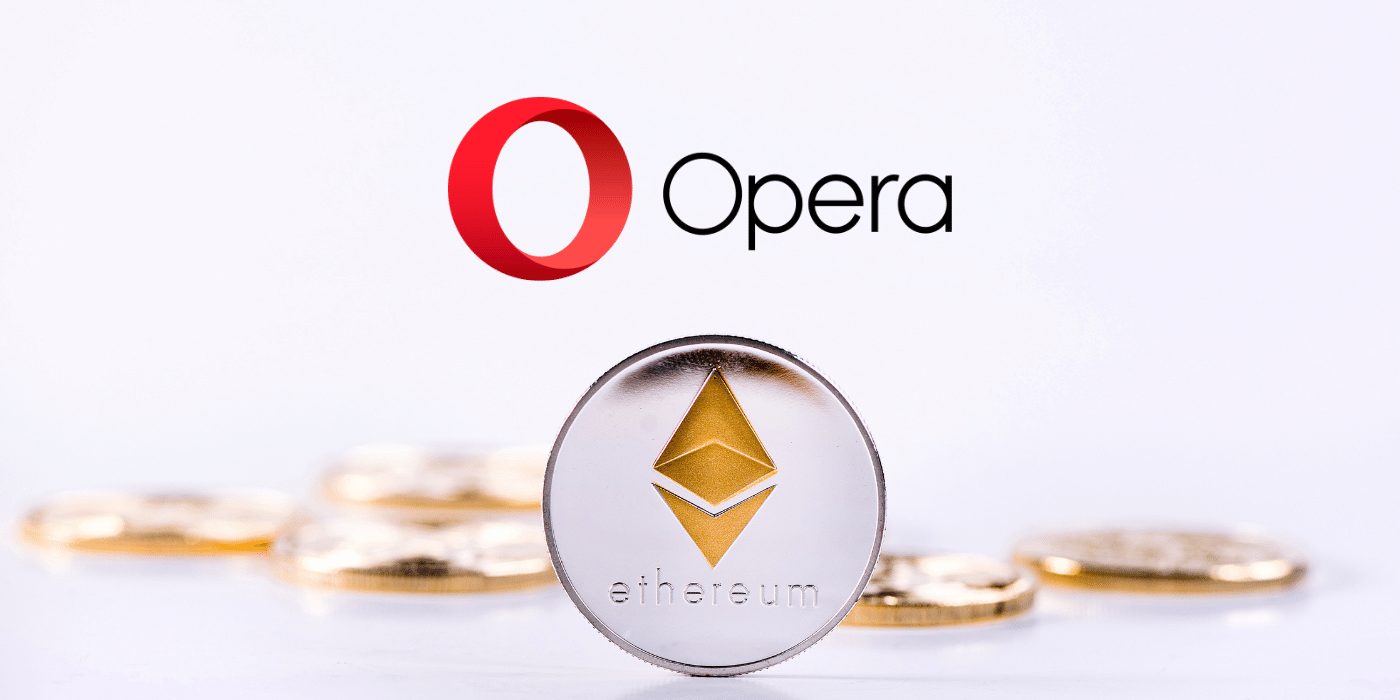The global crypto community is up in arms over proposed new European Union rules that would sanction the invasion of personal privacy and treat new technologies less fairly than cash or traditional bank transfers.
The EU Parliament seeks to extend checks to cover privately managed unhosted wallets that store crypto, despite fears that such rules could prove unenforceable:
Examples of an unhosted, or non-custodial, wallet include MetaMask, WalletConnect, or hardware wallets such as Ledger and Trezor.
“Money going to unhosted wallets may end up in the wrong place, for example with terrorist groups,” according to Paul Tang, one of the members of the European Parliament on the Economic Affairs Committee that will vote on the matter later this week.
Data Collection an Impossible Task
Tang, a Dutch socialist, tweeted earlier this week that wallet owners would need to be identified in the same manner as bank customers are. The draft regulation would require crypto service providers not only to collect personal data related to transfers made to and from unhosted wallets (as they are already obliged to do) but also to “verify the accuracy of information with respect to the originator or beneficiary behind the unhosted wallet”. Such verification would prove problematic, if not impossible, say those service providers.
‘Travel Rule’ Another Data Harvesting Scheme in Disguise
The likes of Coinbase are already objecting to the EU’s so-called travel rule, which proposes to extend anti-money-laundering identity checks to payments made in digital currencies, even if they fall under an existing threshold of 1,000 euros (US$1,098).
“The travel rule … is really a massive and indiscriminate personal data collection and transfer scheme,” said Mikołaj Barczentewicz, associate professor at the University of Surrey in the UK and Fellow of Stanford Law School (US).
Proponents of the new rules, Barczentewicz added, are “saying that it is necessary for all crypto service providers to report sensitive data of their clients, even when there is not even the slightest suspicion of a criminal connection”.
Even if the 1,000 euro threshold were maintained, he said, such a privacy restriction would “very likely not be as effective as less rights-restricting alternatives” because those with nefarious aims could simply circumvent them.
What we seem to be dealing with here is an attempt to do ‘something about crypto and crime’ without a serious, evidence-based reflection on how best to do it.
Mikołaj Barczentewicz, associate professor, University of Surrey (UK), and Fellow of Stanford Law School (US)
In more encouraging news earlier this month, the EU Parliament voted against a proof-of-work ban, allowing BTC holders at least to breathe a collective sigh of relief.

